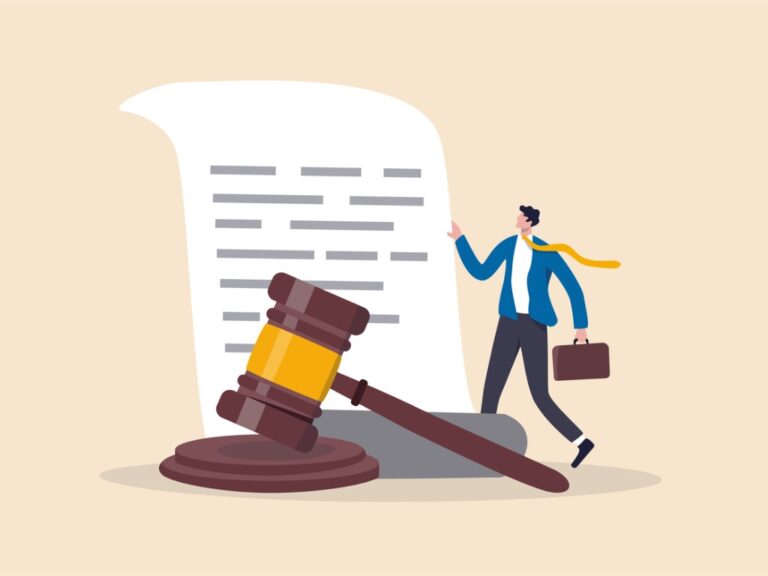Redefining Legal Licensing: Advancing Competency and Inclusivity through Supervised Practice Pathways
February 16, 2024

The traditional bar exam in the United States falls short in assessing the essential competencies required for competent legal practice, according to an article by the Harvard Law School. Instead of evaluating candidates on practical skills such as counseling clients, drafting contracts, or conducting legal research, the exams focus mainly on memorization and rapid response. Moreover, the financial burden of preparing for and taking the bar exam disproportionately affects candidates of color, those with caretaking responsibilities, and those with disabilities.
Recognizing these shortcomings, some jurisdictions are exploring alternative pathways to licensure that better measure the skills needed for legal practice. These pathways, such as supervised practice programs, aim to assess candidates’ competence through practical experience rather than written exams. The Building a Better Bar study identifies 12 key competencies for new lawyers, emphasizing skills such as professional conduct, legal research, client interaction, and workload management.
The supervised practice model, exemplified by Oregon’s approach, involves candidates completing a period of supervised practice and compiling portfolios of their work for assessment by bar examiners. Empirical evidence from California’s provisional licensing programs supports the efficacy of this approach. It shows that practicing lawyers are willing to supervise candidates, and organizations benefit from their contributions. Moreover, candidates from diverse backgrounds have succeeded in these programs, challenging concerns about bias and discrimination.
Supervised practice programs offer several advantages over traditional bar exams. They assess a broader range of skills and knowledge relevant to contemporary legal practice, including practical skills often overlooked in written exams. These programs also lower financial barriers for candidates and provide immediate access to justice for underserved communities.
Moving forward, jurisdictions can enhance the feasibility, fairness, and validity of supervised practice pathways by providing support and resources for candidates and supervisors, preventing economic exploitation, and implementing mechanisms for oversight and evaluation. Research indicates that such programs offer a promising avenue for improving the competence and inclusiveness of the legal profession. As jurisdictions continue to explore alternative licensing systems, further research, and innovation can contribute to the development of rigorous and inclusive pathways to legal practice.
Get the free newsletter
Subscribe for news, insights and thought leadership curated for the law firm audience.




